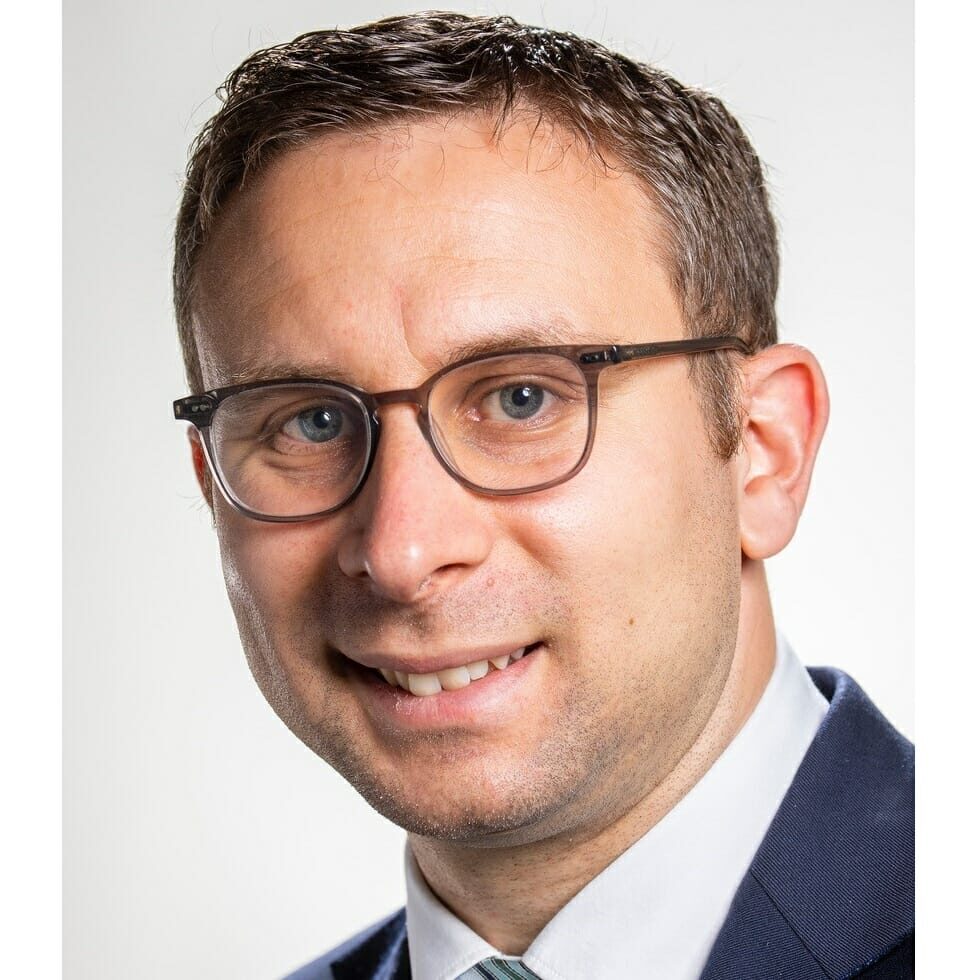
Dr Daniel Keene
MBChB, MRCP, MSc (Dist), PhD
Consultant Cardiologist and Electrophysiologist and Clinical Senior Lecturer
Daniel Keene is a consultant cardiologist treating patients at Royal Free London Foundation NHS Trust.
He is involved in all clinical aspects of inpatient and outpatient general cardiology but his clinical focus is in cardiac electrophysiology and complex devices. He has a diverse research portfolio spanning much of the cardiac implantable device landscape.
Dr Keene graduated from the University of Manchester in 2009 having received commendations for all his special study modules. In 2013, after completing his foundation years training and core medical training he was appointed a prestigious NIHR Academic Clinical Fellow Cardiology fellowship based at Imperial College London.
During this time, whilst completing his clinical cardiology training, he prepared and was then awarded in 2015 a highly competitive British Heart Foundation Clinical Research Fellowship Training Fellowship to support dedicated research time to address novel issues in implantable cardiac devices leading to award of his PhD. Following the award of his PhD, he completed his general cardiology training and was also appointed as an Advanced Clinical Training Fellow in Electrophysiology and Devices. This training opportunity led to the development of advanced skills and accreditation in both simple and complex cardiac device implantation, as well as their troubleshooting and follow-up.
He has developed highly specialised skills in the implantation of the subcutaneous ICD (including use of nerve block for analgesia), undertaking advanced training in interventional CRT techniques for complex trans-venous device implant procedures and has vast experience in all aspects of conduction system pacing (his bundle pacing and left bundle area pacing) for which he is highly regarded internationally for being a high volume implanter, proctor, researcher and educator in this field. He also has built up a considerable experience in cardiac device lead management including complex lead extraction when necessary.
He regularly performs and interprets electrophysiological studies and undertakes the ablation of AVNRT, AVRT, atrial flutter, ventricular ectopy, atrial tachycardia and atrial fibrillation.
Outside of work, Dr Keene enjoys travelling when he can and importantly enjoys watching and playing football with his children
Hospital Locations
Royal Free Hospital
Year qualified
2009
Country of qualification
United Kingdom
Languages spoken
English
Specialities
Cardiology
Memberships
- British Cardiovascular Society
- British Heart Rhythm Society
- European Heart Rhythm Society
Procedures offered
- Implantable loop recorder (ILR) implantation
- Pacemaker implantation
- Implantable cardioverter defibrillator (ICD) implantation
- Cardiac resynchronisation therapy (CRT) (including LV leads)
- His bundle leads and left bundle leads implantation
- Subcutaneous ICD implantation including nerve blocks
- Device revisions
- Device upgrades and complex lead extraction
- Atrial fibrillation (AF) ablation
- Atrial tachycardia (AT) ablation
- Atrial flutter ablation
- Diagnostic electrophysiology studies
- Supra-ventricular tachycardia (SVT) ablation (including AVNRT and AVRT)
- Ventricular ectopy (VE) ablation
- AV node ablation (including pace and ablate procedures)
Clinical interests
- Palpitations
- Blackouts
- Syncope
- Pacemakers
- Arrhythmias
- Stroke prevention
- Atrial fibrillation (AF)
- Supraventricular tachycardia (SVT)
- Ventricular tachycardia (VT)
- Implantable cardiac defibrillator (ICD)
- Subcutaneous implantable cardiac defibrillator (SICD)
- Cardiac resynchronisation therapy (CRT)
- Conduction system pacing
- Lead extraction and complex device implantation and management
Research interests
Dr Keene’s research program includes developing and evaluating novel pacing approaches and device technologies.
- Pacing for bradycardia
- Pacing for heart failure
- Conduction System pacing
- Development of sensor technology for device based haemodynamic assessment to guide therapy.
- Mechanisms and treatment of syncope
